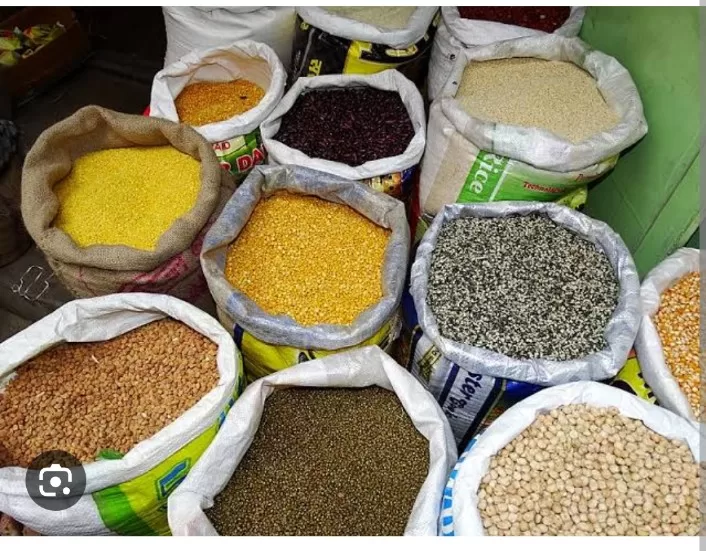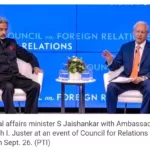India Advocates Scraping of WTO Rules on Foodgrain
In an effort to address trade imbalances and bolster fair access to global export markets, India is set to make a significant push at the upcoming World Trade Organization (WTO) interministerial meeting in Abu Dhabi. The focal point of India’s advocacy will be the removal of ‘additional Final Bound Total Aggregate Measurement of Support (FBTAMS) entitlements,’ a set of additional allowances that extend beyond the ‘de minimis limits’ defined by the WTO Agreement on Agriculture (AoA).
These ‘de minimis limits’ serve as the threshold for permissible domestic support, even if such support has the potential to distort global prices. Notably, these thresholds stand at 5% of the production value for developed nations and 10% for their developing counterparts.
This matter has been a contentious issue for years and recently garnered international attention as India defended its minimum support price (MSP) program in the face of a global food crisis precipitated by the Ukraine conflict.
India’s stance emphasizes the need to address historical disparities within the WTO Agreement on Agriculture before delving into discussions on domestic support. The primary objective is to level the playing field by eliminating the FBTAMS entitlements enjoyed by certain members, granting them substantial flexibility in providing product-specific support beyond the de minimis limits.
It’s worth noting that meaningful negotiations on this subject have not yet commenced within the WTO. However, organizations like the Third World Network (TWN), a prominent think tank, assert that disciplining FBTAMS entitlements is crucial as they perpetuate inequities in the AoA. TWN highlights the irrationality in allowing a select few nations to enjoy extensive entitlements, thereby conferring significant advantages over others, particularly poorer countries.
The issue of FBTAMS entitlements intersects with other ongoing negotiations within the WTO, such as those related to public stock holdings (PSH) and special safeguard mechanisms. Developing nations argue that addressing these entitlements is fundamental to resolving these interconnected matters.
India has previously faced scrutiny from major foodgrain exporters like the United States and Canada, who raised concerns about the subsidies associated with its PSH program, particularly for rice. India, however, contends that it mainly exports high-quality rice rather than common paddy, a fact that underscores the demand for its rice on the global stage.
While India’s push to amend WTO rules on foodgrain support is gaining momentum, resistance persists, and negotiations remain pending. As the world grapples with food security concerns and trade imbalances, India’s efforts to promote fairness and equity in international trade will continue to be closely monitored.







